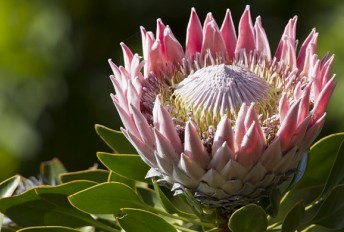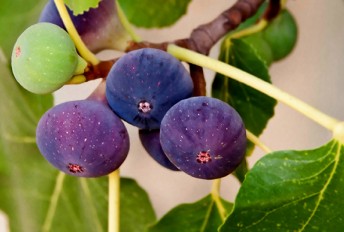
Posted on November 21, 2025
This edition is curated around the concept of One Health, in which the University of Pretoria plays a leading role globally, and is based on our research expertise in the various disciplines across healthcare for people, the environment and animals.

Posted on August 25, 2025
The theme of this edition, ‘Global’, illustrates how the University of Pretoria (UP) serves as a globally engaged, continental hub that is driving impactful research through innovation, creativity and sustainability. The research in this issue demonstrates how the research we do today...

Posted on May 12, 2025
Researchers at the University of Pretoria (UP) may have identified the gene that is responsible for diet-related obesity. By exploring the role of the novel gene Slc7a8, they have made a potential breakthrough in current knowledge about the cellular mechanisms that drive fat accumulation. This...

Posted on November 22, 2024
The articles in this edition showcase work from all nine of our faculties, and underscore our University’s slogan ‘Make today matter’. RE.SEARCH has been named South Africa's top corporate publication as the winner of the 2024 SA Publication's Forum Awards. It is a runner up and...

Posted on June 04, 2024
University of Pretoria (UP) scientists have contributed to discovering how the naked mole rat is able to withstand heart attacks and fend off bowel cancer, two of the most fatal human ailments in the developed world. Their findings were published recently in two Nature Communications papers.

Posted on October 23, 2023
The quest for immortality has long fascinated humans, and inspired countless tales – now, in two new studies published in the journals Nature and Science, University of Pretoria (UP) researchers, along with a team of global experts known as the Mammalian Methylation Consortium, are a step...

Posted on July 26, 2023
This issue features research from all of the University of Pretoria's nine faculties and our business school, the Gordan Institute of Business Science (GIBS) and shows how our research is opening a new world and a better future.

Posted on May 24, 2023
University of Pretoria (UP) researchers are at the forefront of a very special first for South African plant sciences. They have unravelled the precise genetic make-up of the country’s national flower, the king protea (Protea cynaroides). It is the first plant that’s unique to South...

Posted on March 29, 2023
University of Pretoria (UP) scientists have posited a theory that could explain the tens of thousands of “fairy circles” that can be seen dotted across the arid landscape of Namibia.

Posted on December 07, 2022
The ice-free areas of Antarctica were initially thought to be devoid of life, but with the advent of modern genetic technologies, scientists now know that microorganisms have adapted to living in this extreme environment.

Posted on December 21, 2021
Ficus trees are an essential source of food in forests because they produce fruit year-round. However, South African forests have been fragmented into tiny pieces since before the ice ages.

Posted on November 15, 2021
Prof Zander Myburg of UP’s Forestry and Agricultural Biotechnology Institute is part of an international team that will embark on a large-scale genome sequencing of 2 000 eucalyptus trees.
Copyright © University of Pretoria 2025. All rights reserved.
Get Social With Us
Download the UP Mobile App